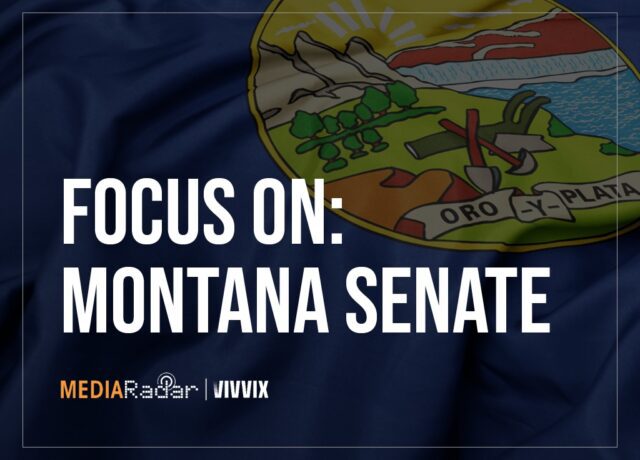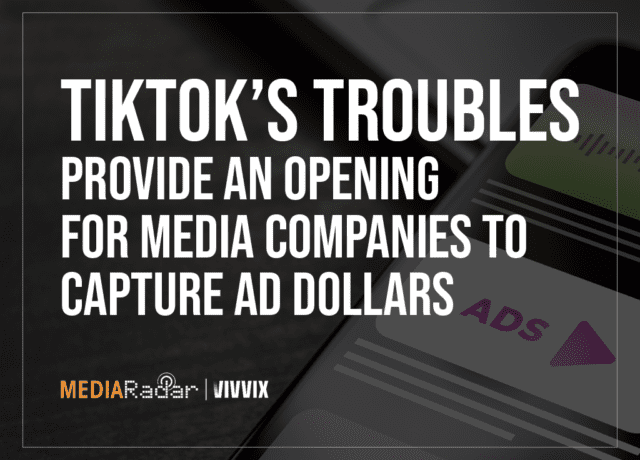It’s been nearly two months since the first vaccine was approved and more than half of unvaccinated Americans don’t know when or where they can get vaccinated.
In response, Corporate America is sharing its expertise in logistics and operations to accelerate the rollout.
What does it look like when corporations reimagine their role as a social force and use their resources for public health?
We encourage you to subscribe to our blog for the latest data surrounding the advertising industry. We will provide daily updates as COVID-19 continues to make its mark on the US economy.

Businesses Offer Their Know-How to Public Health
Over the last two months, health providers have faced significant challenges with vaccine distribution. Between last minute departmental changes that force hospitals to cancel thousands of appointments, and strict federal and state guidelines that cause vaccines to be thrown out, there are a number of things getting in the way. (One time, nurses found themselves administering the vaccine to stranded drivers during a snowstorm).
But as health workers struggle, corporations such as Walmart, Microsoft, Honeywell, Costco, Starbucks, and Amazon, are stepping up to the challenge.
“Big retailers are in an ideal position to help with the vaccine rollout because their core businesses are already geared around serving millions of customers day in and day out. They have locations right across the country and they have national distribution and logistics networks that are efficient and effective in getting products to every corner of the nation,” explained Neil Saunders, managing director of Global Data Retail.
Many businesses are donating the time and expertise of their employees who can help solve crucial problems with the distribution process.
From Starbucks working on making the flow of people as efficient as they do in their stores to Honeywell offering their bar-code scanning technology to expedite patient check-in, each corporation plays on their strengths to simplify the end result. Even event spaces like Disneyland and several major sports stadiums have stepped in to provide venues that can handle the influx of socially-distanced attendees.
“There’s no one corporate entity that’s going to solve this, but most have something to offer,” said Alison Buttenheim, an associate professor of nursing and health policy at the University of Pennsylvania.
What’s more, says Saunders, is that “a lot of the very big firms like Amazon and Walmart employ so many people that they can kick-start the program by vaccinating their own staff.”
Businesses Encourage Employees to Get Vaccinated
Like most large-scale corporate decisions, Saunders’s idea of these businesses vaccinating their own staff to kickstart the program is easier said than done.
While some companies, like Southwest Airlines and Target, have already promised to provide free vaccinations to their employees once the vaccine is made widely available, others are stuck in the legal quagmire of whether or not it’s okay to mandate that all employees must be vaccinated.
Kim Cordova, vice president of the United Food and Commercial Workers International Union, says it’s not so simple.
“If the employer wants to make that mandatory … they would have to negotiate that with us. They could not change a condition of employment. They could not make that mandatory in the middle of a contract unless the state or the government required it,” Cordova said.
Cordova explains that the frontline workers represented by the UFCW want priority in getting the vaccine, but many also want medical freedom—the freedom to decline the vaccine, but keep their jobs.
In December 2020, the Equal Employment Opportunity Commission said that it may be possible to require employees to receive the vaccination, but only if the employer follows anti-discrimination workplace policies and allows for necessary exemptions.
“An employee with a religious objection or a disability may need to be excused from the mandate or otherwise accommodated,” noted John Lomax, a Phoenix-based attorney.
The precedent for such mandates lies in a company’s ability to mandate other vaccinations, like flu shots.
Of course, many workplaces may not want to require the vaccine. Doing so opens them up to legal claims, and tracking vaccinated and unvaccinated employees is extra internal paperwork.
Instead, many businesses are finding ways to encourage their employees to get vaccinated and to make the process as easy as possible.
Kroger, Trader Joe’s, InstaCart, Dollar General, and Aldi are among the corporations offering a financial bonus to employees who get the full dose of the vaccine. Other firms are offering childcare, flexible scheduling or time off, and other incentives.
“I think that it’s critically important that we recognize that while every community is being hit hard by this pandemic, the burden of this disease is not being felt equally,” said Dr. Richard Besser, president of the Robert Wood Johnson Foundation and former acting commissioner of the Centers for Disease Control and Prevention.
“And those people who need to leave their homes every day to earn money, to pay the rent, to make sure that everyone else has food on their table, we need to do all we can to protect them.”
For corporations, that means clearing the way for their frontline employees to get vaccinated, and making sure that they have the means to do so.
For more updates like this, stay tuned. Subscribe to our blog for more updates on coronavirus and its mark on the economy.



